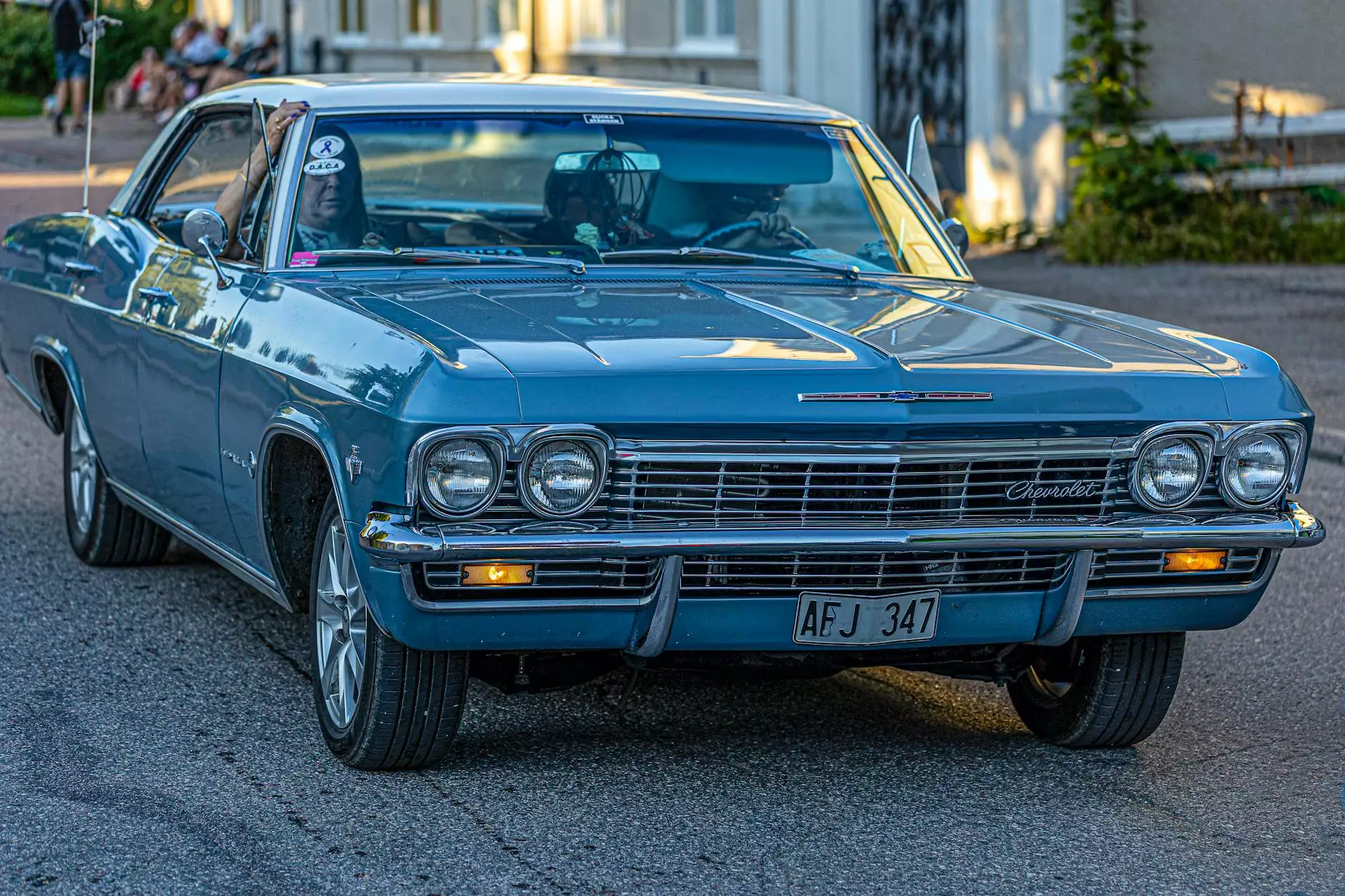Mastering the Art of Wedding Planning: A Detailed Guide

Weddings are one of the most significant moments in a couple’s life, representing love, commitment, and new beginnings. Planning a wedding can be both exhilarating and overwhelming. That’s where the expertise of seasoned wedding planners comes into play. In this comprehensive guide, we delve into the intricacies of wedding planning, providing you with tips and insights to ensure your big day is nothing short of extraordinary.
The Importance of Wedding Planning
Effective wedding planning is crucial for a variety of reasons:
- Budget Management: Planning allows couples to establish a budget and stick to it, ensuring they don’t overspend.
- Time Management: With countless details to address, having a plan helps couples stay organized and on schedule.
- Stress Reduction: Knowing you have a strategy can significantly reduce the stress associated with wedding preparations.
- Beautiful Execution: Detailed planning ensures that your wedding reflects your style and personality.
Understanding Your Vision
Before delving deeper into planning, it’s essential to understand your vision for your wedding day:
- Determine Your Style: Will it be a formal affair, a rustic gathering, or a beach wedding? Understanding your style will guide all your decisions.
- Create a Mood Board: Compile images, colors, and themes that resonate with you.
- Discuss with Your Partner: Open communication with your partner will ensure that both of your desires are reflected in the planning process.
Setting a Realistic Budget
One of the first steps in wedding planning is creating a budget. This budget will dictate many of your choices:
- Identify Key Areas: Allocate funds to essential areas such as venue, catering, attire, and entertainment.
- Consider Hidden Costs: Remember to include costs for things like tipping vendors, last-minute expenses, and any additional décor you may want.
- Keep Contingency Funds: Aim to save about 10% of your total budget for unexpected costs.
Selecting the Perfect Venue
The venue sets the stage for your entire wedding. Here are some tips for choosing the right one:
- Capacity: Ensure the venue can comfortably accommodate your guest list.
- Location: The venue should be easily accessible for local guests and consider accommodations for out-of-town visitors.
- Services Offered: Some venues offer all-inclusive packages which can simplify your planning process.
Choosing the Right Vendors
Vendors bring your wedding vision to life. Here’s how to select reliable ones:
- Research: Look for vendors with positive reviews and a strong portfolio.
- Meet in Person: Whenever possible, meet your vendors to ensure good chemistry.
- Ask for Recommendations: Lean on friends and family for their experiences with vendors.
Your Wedding Timeline
A well-structured timeline is essential. Here’s a basic outline:
- 12 Months Before: Start planning and create a budget.
- 8-10 Months Before: Book your venue and major vendors.
- 6 Months Before: Choose attire and finalize the guest list.
- 3 Months Before: Send invitations and arrange seating.
- 1 Month Before: Confirm details with vendors and finalize the timeline.
- 1 Week Before: Relax and enjoy the moment!
Designing Your Wedding
Designing your wedding involves combining your styles and elements that mean something to you:
- Ceremony Décor: Consider floral arrangements, ceremony backdrop, and seating.
- Reception Setup: Think about table settings, centerpieces, and lighting.
- Personal Elements: Incorporate personal touches that tell your story as a couple.
Wedding Dress and Attire
Choosing the right attire is one of the most enjoyable parts of wedding planning. Here’s how to go about it:
- Know Your Budget: Set a specific budget for the dress and accessories.
- Start Early: Begin shopping for your dress well in advance as alterations may take time.
- Consider Comfort: Ensure the outfit is comfortable enough for a full day of celebration.
Invitations and Guest Management
Your invitations set the tone for your wedding. Consider these points:
- Theme Consistency: Your invitations should reflect the wedding theme and colors.
- RSVP Management: Keep track of your guest responses to manage seating and catering accordingly.
- Digital Versus Paper: Consider using digital invitations for a more eco-friendly approach.
Handling Logistics
Logistics can make or break your wedding day. Here’s what to consider:
- Transportation: Schedule transportation for the bridal party and guests if necessary.
- Timeline Management: Create a detailed timeline for the entire day, from getting ready to the reception.
- Comfort for Guests: Ensure there are accommodations available for guests traveling from out of town.
Creating an Unforgettable Experience
To elevate your wedding day into an unforgettable experience, consider unique touches:
- Personalized Favors: Give your guests custom favors that reflect your journey together.
- Interactive Elements: Photo booths, guestbooks, and more can make your wedding memorable.
- Live Entertainment: Consider having a live band or performers that fit your wedding theme.
Conclusion
Planning a wedding can be a labor of love that results in a beautiful, memorable day. By setting a clear vision, creating a budget, selecting the right vendors, and staying organized, you can ensure everything goes smoothly. Remember, it’s all about celebrating love and togetherness, so enjoy the journey and make the most of every moment.
For expert guidance, tips, and resources, visit https://www.karlacasillas.com/. This site provides unparalleled insights into wedding planning, ensuring you have all the support you need to create your dream wedding.









